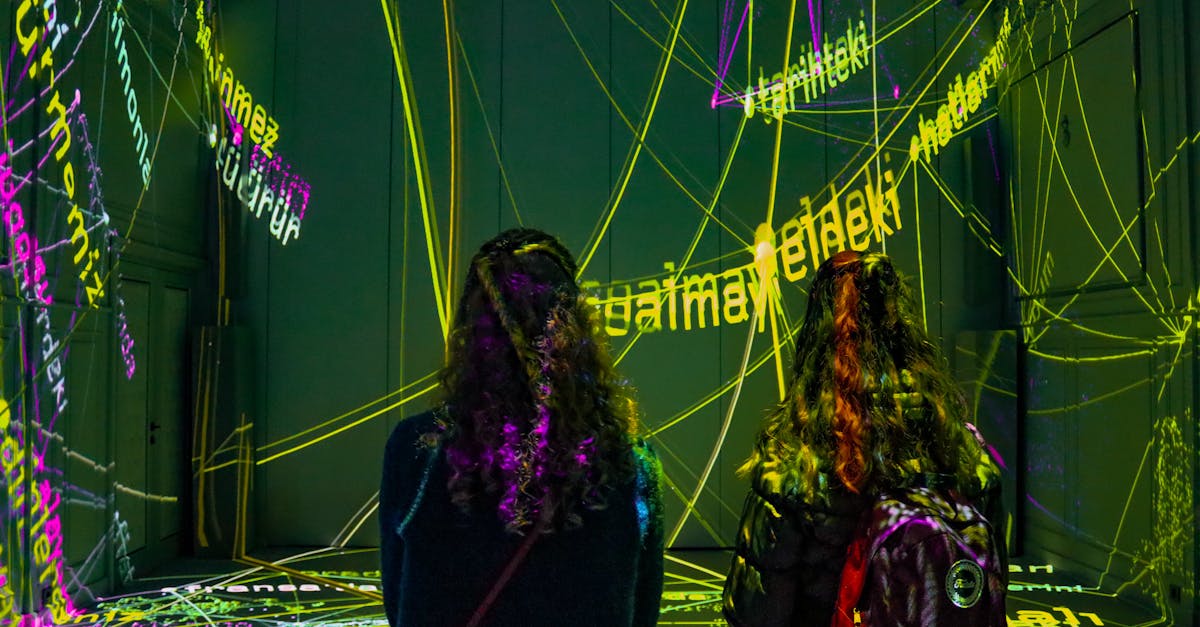Imagination 2050 in Arts Entertainment
Introduction
As we inch closer to 2050, arts and entertainment are poised for a radical transformation powered by imagination. The fusion of technology with creative expression is delivering experiences that once seemed possible only in dreams. From immersive virtual reality to interactive storytelling, the content of 2050 will push boundaries like never before. Audiences will be participants, not just spectators, as imaginative worlds unfold. As we anticipate these changes, it’s crucial to explore how imagination continues to shape the future of entertainment. This exploration reveals future trends, mediums, and the evolving relationship between audiences and creators.
Advertisement
The Convergence of Technology and Creativity
The relationship between technology and creativity has always been intricate, and by 2050, the bond will be more inseparable. As technology advances, so does its role in bringing imaginative ideas to life. Engineers and artists collaborate to create interactive holograms and AI-generated music that engage the senses beyond traditional limits. Virtual reality (VR) and augmented reality (AR) mediums broaden the landscape, allowing audiences to immerse themselves in worlds of fantasy. As the line between creator and consumer blurs, entertainment becomes a collaborative experience, offering endless avenues for imagination to flourish.
Advertisement
Reimagining Traditional Mediums
While innovative technologies pave the way for new forms, traditional arts and entertainment won’t just fade into the past. Instead, they will undergo reinvention. Theatre performances might integrate holographic projections, while opera can include real-time audience interactions through wearable VR suits. Museums are set to transform into dynamic, interactive spaces. As classic storytelling mediums evolve, they will intertwine with interactive designs, making traditional experiences richer and more immersive. Thus, imagination in 2050 doesn't discard the past; it enhances and redefines it.
Advertisement
The Rise of Immersive Storytelling
Immersive storytelling offers exciting opportunities by placing consumers squarely in the narrative. Imagine joining a cast of characters in an alternate reality game or influencing plot paths with your decisions. This form of storytelling provides audiences with agency, opening creative dialogues between characters and participants. The storyteller’s imagination is now a gateway to endless potential narratives, tailoring experiences based on audience preference. This participatory approach reflects a deeper psychological experience, where imagination fuels not just observation but active creation.
Advertisement
Customization by Artificial Intelligence
Artificial intelligence (AI) stands as a revolutionary partner of imagination by 2050. Its ability to analyze data and recognize patterns allows it to tailor entertainment to individual preferences. Movies and TV shows might dynamically adjust narratives or endings based on audience behavior. AI poets and songwriters create uniquely crafted content where machine learning merges with imagination. With AI technology, entertainment experiences will be highly personalized, providing users a sense of ownership over generated content, bringing imagination to unprecedented levels of customization.
Advertisement
Collaborative Global Creativity
Technology has already shrunk borders, enabling creative minds from around the world to collaborate seamlessly. By 2050, these international partnerships in arts and entertainment will foster a rich diversity of perspectives and talents. Artists will collaborate through virtual platforms, transcending linguistic and cultural barriers to create hybrid forms that reflect global unity. Cross-cultural exchanges enrich art forms, pushing imagination to blend different traditions and ideas, igniting a cultural renaissance resonating across the globe, fueled by creativity and curiosity.
Advertisement
Imagination in Education and Skill Development
Education models are evolving toward fostering imagination actively, recognizing its significance for future careers in the arts. By 2050, educational curriculums will integrate interactive technology and hands-on creative projects, sparking a curiosity that extends beyond the classroom. Students will delve into digital art, AI-driven music, and VR theatre productions, nurturing skill sets that align closely with emerging artistic media. Schools will become incubators for creativity, chiseling imaginative thinkers prepared to lead the frontiers of entertainment and contribute to cultural innovation.
Advertisement
Ethical Considerations in Futuristic Entertainment
With such advancements comes a wave of ethical concerns. How do privacy and consent shift when engaging with immersive technology? Will AI-driven creativity threaten human artistry or inspire collaborations? As we explore the possibilities of 2050, it's vital to engage with these questions. Establishments must create responsible practices, ensuring the new age of entertainment is inclusive, fair, and respectful. Imagination should flourish within ethical frameworks that prioritize consumer well-being, inviting sustainable innovation.
Advertisement
The Influence of Imagination on Society
By weaving imagination into entertainment, we can profoundly impact society. Art and media have long reflected societal values, sparking dialogue and change. Projects inspired by imaginative leaps can tackle global issues, from climate change to equality, stirring empathy and critical conversations. With technological amplification, creativity is a beacon of hope, promoting a harmonious society by bridging cultures and understanding. The arts become not just a lens to reflect but a tool to reshape the world, powered by human imagination.
Advertisement
Conclusion
The entertainment landscape by 2050 will be a vast realm where imagination powers both technology and creativity. From enhancing traditional arts to pioneering groundbreaking experiences, the fusion of imagination and innovation will redefine how we perceive entertainment. As these developments unfold, ethical considerations remain crucial, ensuring a future that respects both the medium and its audience. By investing in imagination today, we carve pathways for transformative experiences tomorrow. The new age of entertainment beckons, a world where dreams not only take flight but become reality, inspiring generations to come.
Advertisement








